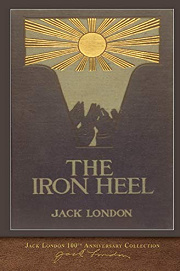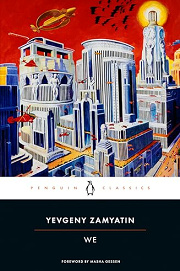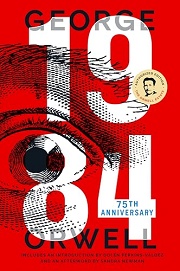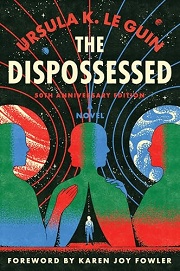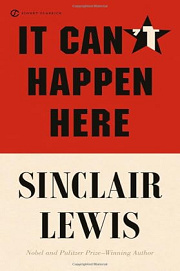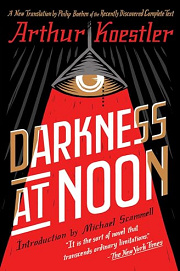Share your thoughts in a quick Shelf Talk!
The Iron Heel by Jack London
Told with chilling prescience, The Iron Heel chronicles the rise of an all-powerful oligarchy and the defiant voices that refuse to be silenced. It’s a stark, urgent dystopia that asks how tyranny takes hold—and what it costs to push back.
Have you read this book? Share what you liked (or didn’t), and we’ll use your answers to recommend your next favorite read!
Love The Iron Heel but not sure what to read next?
These picks are popular with readers who enjoyed this book. Complete a quick Shelf Talk to get recommendations made just for you! Warning: possible spoilers for The Iron Heel below.
In The Iron Heel, did you enjoy ...
... the depiction of a dystopian society?
We by Yevgeny Zamyatin
If you were gripped by the portrayal of the Oligarchy’s oppressive regime and the exploration of rebellion in The Iron Heel, you’ll find We equally compelling. Zamyatin’s One State is a glass-walled, totalitarian world where dissent is brutally suppressed, and protagonist D-503’s gradual awakening to individuality echoes the struggles of Ernest Everhard and Avis. The chilling vision of systematic control and the costs of resistance will resonate with fans of London’s dystopian warnings.
... philosophical and political themes?
1984 by George Orwell
If you appreciated the deep exploration of ideology, class struggle, and the philosophical underpinnings of revolution in The Iron Heel, 1984 offers a similarly thought-provoking experience. Winston Smith’s internal battle against the omnipresent Party, the manipulation of truth, and the ethical dilemmas of resistance will provoke the same kind of reflection as Jack London’s critique of power and social order.
... detailed worldbuilding of competing societies?
The Dispossessed by Ursula K. Le Guin
If you admired how The Iron Heel immerses you in the contrasting worlds of the Oligarchy and the revolutionaries, you’ll love The Dispossessed. Le Guin crafts two fully realized societies—one capitalist, one anarchist—through the eyes of physicist Shevek. The societal structures, daily life, and ideological struggles are rendered with depth and nuance, offering a rich exploration of utopian and dystopian possibilities.
... political intrigue and the rise of authoritarianism?
It Can't Happen Here by Sinclair Lewis
If you were captivated by the political maneuvering, conspiracies, and the step-by-step erosion of democracy in The Iron Heel, Sinclair Lewis’s It Can't Happen Here will grip you with its chillingly plausible depiction of fascism rising in America. Through newspaper editor Doremus Jessup, you’ll witness the insidious tactics of a populist dictator and the underground resistance, echoing the suspense and strategy of London’s revolutionary struggle.
... morally complex protagonists caught in ideological conflict?
Darkness at Noon by Arthur Koestler
If you were fascinated by the nuanced, morally ambiguous characters such as Ernest Everhard—torn between ideals and harsh realities—in The Iron Heel, Darkness at Noon presents a powerful psychological portrait of Rubashov. As a former revolutionary imprisoned by his own movement, Rubashov’s inner debates and ethical compromises provide a deeply human lens on the costs of political conviction.
Unlock your personalized book recommendations! Just take a quick Shelf Talk for The Iron Heel by Jack London. It’s only a few questions and takes less than a minute.
